Insights for Adoptive Parents: What Your Child Might Want You to Know - by Gen Edwards
Gen Edwards, adopted child and psychic healer from Gen Edwards Intuitive Healing, shares her thoughts on do's and don'ts for parents of adopted children.
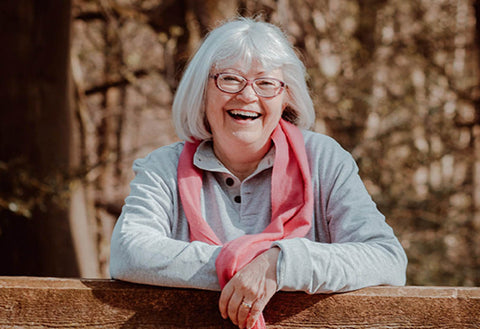
First off, if you are the parent of an adopted child, I salute you with love and acknowledgement. Having been adopted at birth, again and again, as I grew up, I referred to myself as “the luckiest kid on the block,” and I absolutely believed it.
As I got older, I met and interacted with girls who had been left under a tree in the park at 3 years old as their mother walked away, I met children in adopted, abusive families, I met biological children who were in abusive families and I met children who had grown up in orphanages; hoping against hope that their Mum would come back and rescue them, or that someone else would. Every, single time, I thanked God and my Angels that I was what I was, and I was where I was – surrounded by love, support, encouragement.
Understanding the Experience of an Adopted Child
So, thank you for adopting your child, and on behalf of what your child might say to you if they could, know that you are deeply loved and valued, and you have made a massive change to that child’s life and future. So why am I writing this, given that I acknowledge the amazing job you’ve done and are doing, what tips could I possibly have for you to improve the mental and emotional well-being of your beloved, adopted child?
I grew up, believing with every iota of my being, that I was not enough. I somehow internalised this belief into my sub-conscious mind at a very early age, and I then lived and breathed it for about 55 years until I decided I had had enough of not being enough, and that I wanted to change it.
I knew I wasn’t enough, because my biological mother had effectively dumped me, and if I wasn’t good enough for her, who could I possibly be good enough for? I must have been a bad and horrible baby. I carried toxic shame about this for literally, decades. If my beloved adopted parents had any idea of this, I suspect they would have been appalled and dismayed.
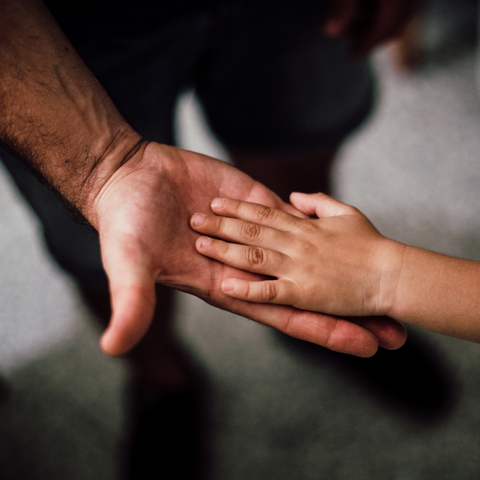
This belief played out in experimenting inappropriately with drugs in my teens, rebelling at school, bunking lessons, hanging out with the ‘wrong crowd,’ smoking and drinking, and generally trying my best to prove to myself and everyone else, that I was, indeed, not enough. I also had huge anger issues, and would explode into episodes of rage where I would literally, throw things for the satisfaction of breaking them – favourite toys, beautiful China horses bought lovingly for me by my Mum, and then when I was older, sinks full of dishes. I internalised my rage and grief, refusing to acknowledge any part of it for more than five decades, when finally, I decided I didn’t like who I was, I was sick of the same-old same-old outcomes and results that I always seemed to attract; and started working with an intuitive energy healer.
Now, I am a different person, I am a happy person, both inside and out, and I lovingly acknowledge that I am enough – for myself, and for my world.
So – from my perspective, from the perspective of an adopted child who had zero self-esteem for the longest time, I would love to share some thoughts with you in the hope that these might help you to raise a child full of self-esteem and confidence, one who knows they are worthy not only of your love, but of the love of their biological Mummy and Daddy and of love for themselves.
Six things your adopted child might want you to know
1. Acknowledge, to yourself, that your child is likely to have a Mother Wound.
This is the wound of being taken from their mother, of feeling ashamed at being ‘not good enough’ for their mother, and of profound feelings of and fear of, further abandonment.
2. Acknowledge that there’s likely to be underlying grief.
When I finally started looking for my biological mother, I used the services of a company in the UK who specialise in reconnecting adopted kids with their families. I worked with a counsellor, and as I told the story of what I wanted to do, and why I wanted to do it, I found myself in floods of tears. There’s an awful lot of grief involved in adoption – it’s grief of being taken from (or given away by) the person who should have loved you most in all the world, the person who should have been your primary care-giver.
It was such a relief for me to acknowledge and work through this grief, finally – after more than five decades. I wish my Mum and Dad had known it was there, and had been able to help me openly talk about and work through my loss.
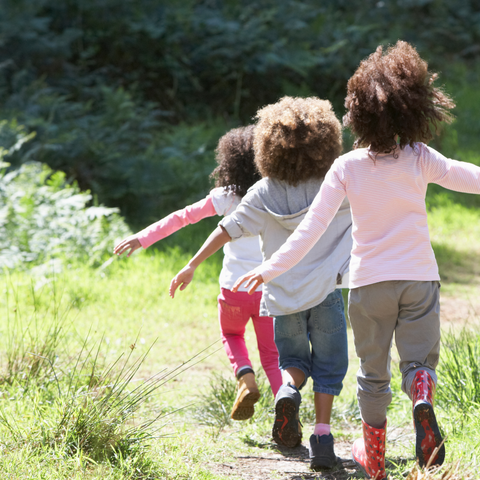
3. Tell your child, as early as you possibly can, that they are adopted.
You may think they are too young to understand, but understand they will, on some level, and the more you tell the story, lovingly, of their adoption and how much you wanted them, the more they will internalise it.
In my role as human being, in my role as healer, I have met too many people who were adopted, and who had a ‘grand reveal’ at age 16, or 18, when their adoptive parents decided they ‘were ready to know the truth.’ They weren’t ready, and in all cases that I have known, they spiralled down into a crisis of horrible doubt, self-loathing and destabilisation because everything they ever knew is shown to be built on lies.
Possibly worse is when the adoptive parents die and the grown-up child has issues with their birth certificate or something similar, and the truth is revealed. Imagine how devastating that must be?
When my beloved adopted Mum died, a friend of hers collected me from the airport, and drove me home to be with my Dad, before the funeral. And in the car, she told me, the story of how my Mum brought me home from the hospital – what my Mum looked like, and how she held me. How happy my Mum was, and how she introduced me to all her friends.
I don’t remember my Mum ever telling me that story. I wish she had. I knew I was loved, but that story, shared by her friend, put a whole new light on the start of my relationship with her. She died forty years ago – I still love and miss her.
4. Tell your child, frequently, that they are loved and were deliberately chosen.
How many kids are ‘accidents’? Your adopted child, is not an accident for you. You planned, you dreamed, you organised for this child to be in your life, and I imagine that when you knew the child was coming, you were overjoyed. Tell them.
5. Tell your child, whatever you can or whatever you know about their biological roots.
Sooner or later, it’s likely that this child will want to know where they came from, what their story was. Take the initiative about talking about the adoption – the hard bits that you don’t want to talk about – because your child is most likely wondering, but doesn’t feel they can ask you.
This really surfaced for me in my early teens – I remember feeling anguished about my ‘real’ mother, who she was and why she didn’t want me.
Sadly for us in my family, I felt so immeasurably disloyal and ungrateful every time I wondered about my biological mother, that I could never express my curiosity to my adoptive parents. I felt so mean, so ungrateful, to want to know about someone who had given me away – how could I ask my Mum what she knew?
My adoptive parents are both dead now, and it took me until my late 50s to start looking for my biological family. It was a journey filled with doubt and tears, anxiety and fears. I still was in resistance because I felt so disloyal to my Mum and Dad. I wish we had spoken about the surrounding story of my adoption – we never did.
I found my siblings – my mother died a while back, so I never found out her story; but of course it seems likely it was a common one – pregnant, too young, no one to look after her and me.
The truth is – my siblings are lovely but we have very little in common. I still love my adopted family above all else. It’s useful knowing some of my medical history – that my biological mother had cholesterol and heart problems but that’s about all, really. Her story is alien to me, I have no point of reference where I feel I can connect to who she was. Given what I have been told about her, she doesn’t resonate with me.
What a gift for you, and for your child, if you could facilitate for them if they wanted it; the beginnings of the search for ‘real’ parents. Speaking from my perspective, my values and ethics systems were all learnt at my adopted parents’ knees. Nurture was a far more powerful force for me and my reality, than nature. It still is – I value my departed Mum and Dad immensely and have so many happy memories. My biological mother could never compete, even if I had found her in time to speak with her.
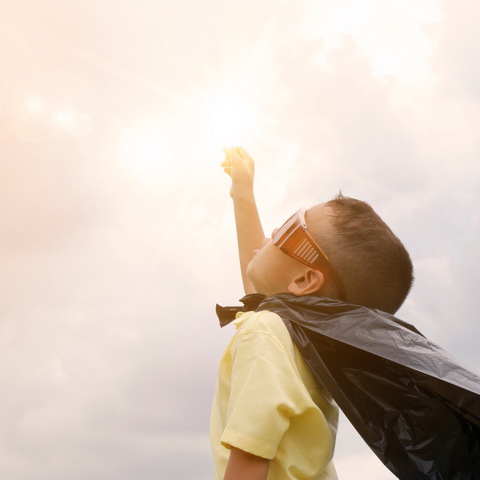
6. If you have an adopted child, as well as biological children, make sure that each child feels equally valued.
I have cousins – one daughter was adopted, one was biological. The whole family knew – complete transparency both within the nuclear family and without, and these children were sisters. They grew up as sisters, and they identified as sisters.
From my perspective, I would think that the best way to talk about this would be that each child had their own story. When we’re little we have an endless fascination for hearing our stories, we love knowing about ourselves. There would be one story, about a baby growing in Mummy’s tummy, and about the excitement and anticipation of that baby’s arrival – and another story, about a baby growing in another Mummy’s tummy, and wondering who their new Mummy would be. How lovely to pull this together with the story of your own excitement, wondering when the new baby would arrive!
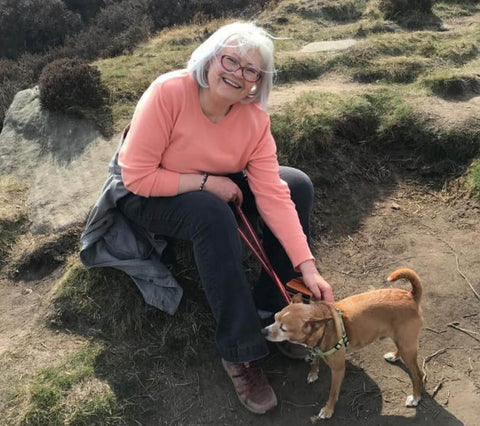
Insights from my adoption journey to help you on yours
I realise that not all adopted children are new-born. This was my experience, and so I can talk from here, but I think that the same principles would apply if you brought a toddler or child into your home; also a foster child. I think – from my own perspective – knowing that I had ‘another truth’ to the kids I was at school with, always made me feel a bit special and in fact when someone said to me they felt sorry for me because I was adopted, I was quite taken aback. After all – how lucky was I? I had four parents – most of my friends only had two! I hope that these insights resonated with you.
Gen is a Intuitive Energy Healer based In Leeds, West Yorkshire. If you'd like to know more about the work Gen does, you can find her at:
www.genedwards.com where you'll also find links to all her social channels including Instagram and Facebook
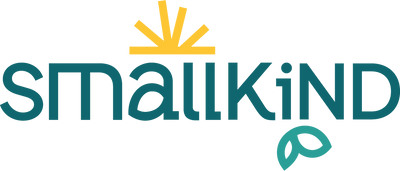



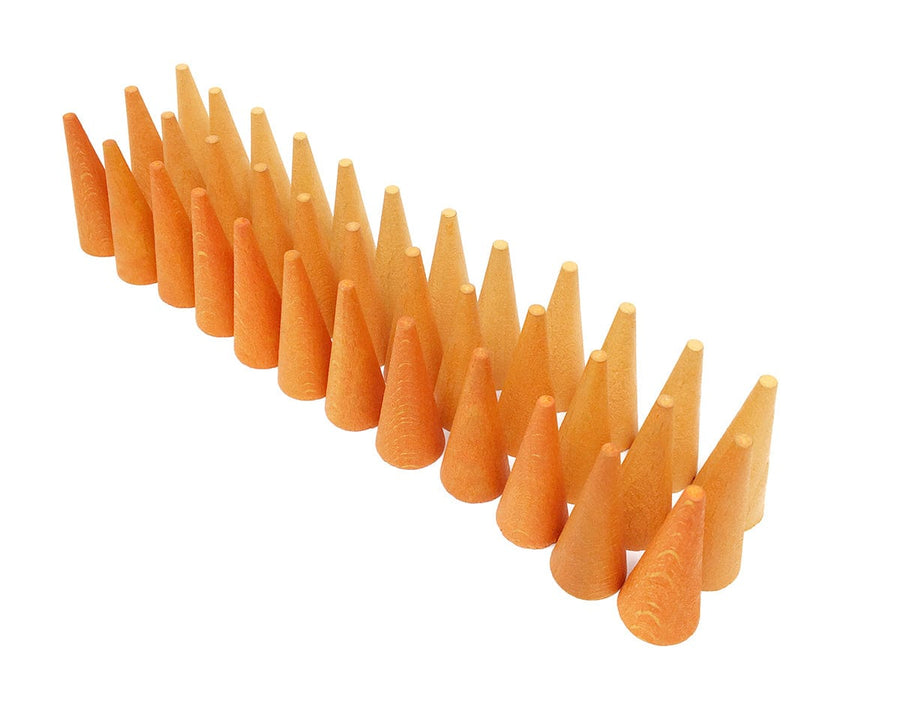
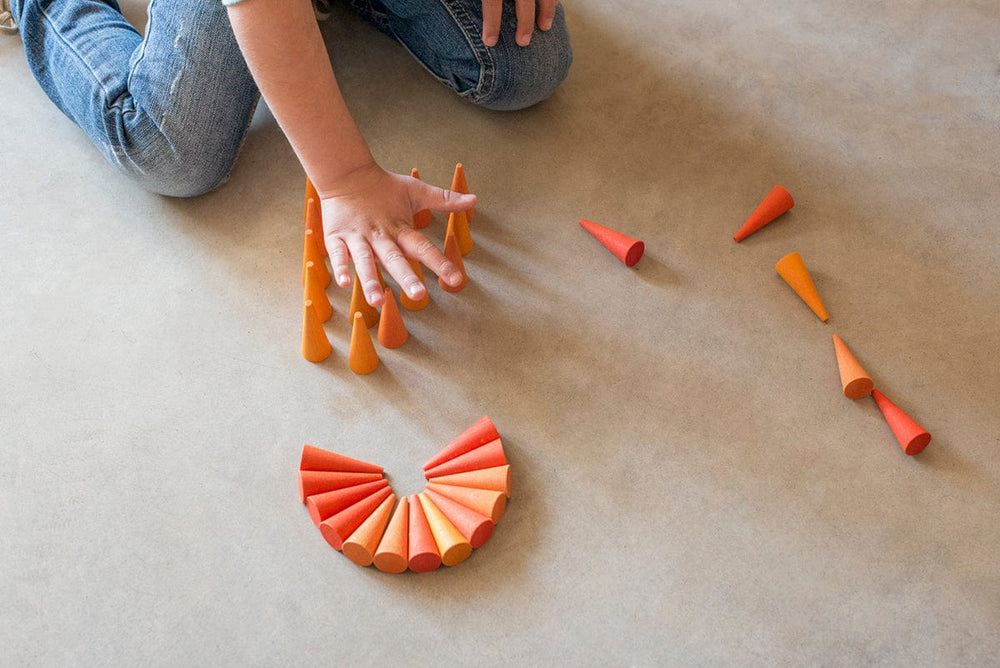


Leave a comment